Menu
-
Solutions
-
Our Solutions
-
AcademicSurface potential plagiarism prior to publication with iThenticate’s expansive content database.
-
AdmissionsScreen personal essays for potential plagiarism and help ensure the highest level of integrity even before matriculation.
-
GovernmentEnsure the originality of public-facing content, from legal documents to grant applications, and reporting.
-
MedicalPrevent invalid findings dissemination, grant misconduct, and improper medical practices.
-
PublishingProtect your journal’s reputation by publishing only the highest quality articles.
-
-
Resources
-
Our Resources
-
FAQFind the answers to the commonly asked questions about how iThenticate works.
-
Content DatabaseComprehensive coverage you can trust across the internet, scholarly articles, and industry papers.
-
GuidanceSearch our comprehensive site for the launch, integration and usage information.
-
-
Pricing
-
Login
-
Buy Credits

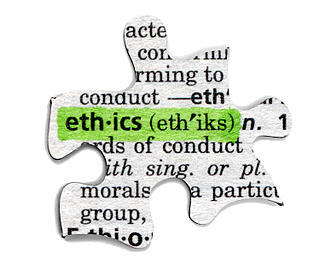 The United States
The United States 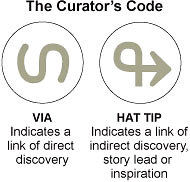
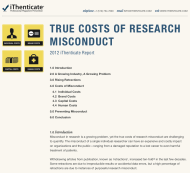
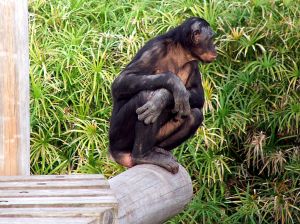
 Written by Eric Hoppe, Account Manager, Constant Content. Plagiarism has existed nearly as long as the written word itself, but it has never been easier for plagiarists to cut and paste some else’s words and claim them as their own. That can be a big problem for webmasters in search of
Written by Eric Hoppe, Account Manager, Constant Content. Plagiarism has existed nearly as long as the written word itself, but it has never been easier for plagiarists to cut and paste some else’s words and claim them as their own. That can be a big problem for webmasters in search of  A quick Google search for ‘plagiarizing quotes’ or ‘plagiarism of quotes’ yields a plethora of results, however, most of the results are related to quotes about plagiarism. There is nearly no information out there on plagiarizing quotations; instances where individuals have plagiarized other authors through the use of their quotations.
A quick Google search for ‘plagiarizing quotes’ or ‘plagiarism of quotes’ yields a plethora of results, however, most of the results are related to quotes about plagiarism. There is nearly no information out there on plagiarizing quotations; instances where individuals have plagiarized other authors through the use of their quotations.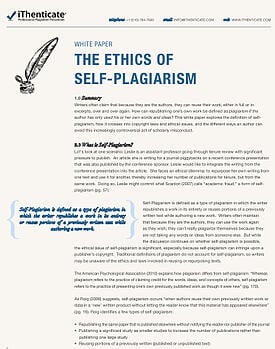 Writers often maintain that because they are the authors, they can reuse their work as they please; it couldn't be defined as "plagiarism" since they are not taking any words or ideas from someone else. However, while the debate on whether self-plagiarism is possible continues, the ethics of self-plagiarism is significant, especially because self-plagiarism can infringe upon a publisher’s copyright.
Writers often maintain that because they are the authors, they can reuse their work as they please; it couldn't be defined as "plagiarism" since they are not taking any words or ideas from someone else. However, while the debate on whether self-plagiarism is possible continues, the ethics of self-plagiarism is significant, especially because self-plagiarism can infringe upon a publisher’s copyright. The practice of commissioning an anonymous writer, or ghostwriter, to do one’s writing has been employed for a number of famous books and papers in the past, including official presidential biographies. Examples of ghostwriting exist in almost every field – from politics to literature to scientific research. Ghostwriting is an industry of its own; thousands of people make their living every year by writing anonymously. Although ghostwriting has been historically accepted, it has been undergoing some criticism recently that it is considered a form of plagiarism.
The practice of commissioning an anonymous writer, or ghostwriter, to do one’s writing has been employed for a number of famous books and papers in the past, including official presidential biographies. Examples of ghostwriting exist in almost every field – from politics to literature to scientific research. Ghostwriting is an industry of its own; thousands of people make their living every year by writing anonymously. Although ghostwriting has been historically accepted, it has been undergoing some criticism recently that it is considered a form of plagiarism.